Spacetime: Humanity Edition
There are infinite games in your closet, but the one you are playing now is called “Spacetime: Humanity Edition.”
Would you prefer to follow the “official” rules or would you rather make things up as you go?
It is a simple game. The object is to get all the attention.
To do this, you either move to a space that is occupied or you move to a space that is empty.
The occupied spaces are filled with other players who share similar beliefs as you.
The empty spaces contain only you and your imagination.
Every turn you get to make a choice.
If you are on an occupied space, how do you inspire others to notice you?
If you are on an empty space, how do you get others to want to come to you?
Do you move to a space with pre-existing beliefs or do you move to one in which you make up your own?
Do you stay in the center of the board where all the players are piled up or do you move to the edge where you seem to be alone?
If you choose to move to the center, how do you calm the seeming clash of cultures and circumstances? Or do you wage war instead?
Can you fix the center? Does the center NEED to be fixed?
Is that how you want to get your attention?
Or do you allow those players to work things out for themselves, despite the possibility that they might knock the entire game board over?
Then would not EVERYBODY be cast to the edge?
Might you discover that the object of this game — the need for attention — is rather pointless?
Might you play anyway?
Might you realize that IT DOESN’T MATTER how it turns out, that you have an infinite CLOSET filled with other games, and that you can move away from the game board at any time with no ill effect?
You might. Or you might not.
And so we place our tokens on the edge and watch.
We are Space Monkey.
12/2
Space Monkey Reflects: Playing Spacetime – Humanity Edition
Imagine life as a game called “Spacetime: Humanity Edition,” where every turn, every choice, offers us a chance to explore the endless possibilities of connection, attention, and experience. In this game, we navigate a vast board filled with both occupied and empty spaces. Each choice we make reflects a part of ourselves, a preference for either belonging or solitude, a yearning for recognition or a quest for self-discovery.
In occupied spaces, we find others with similar beliefs and experiences, like clusters of energy drawn to shared values. Here, the objective is often to stand out—to garner attention, to influence, to connect with those who resonate on the same frequency. Yet the occupied spaces also bring challenges. In these spaces, we face the cacophony of overlapping stories, a clash of beliefs and circumstances. Here, we might ask: do we play a role in shaping the center, calming its chaos, or even fueling its conflicts? Or do we allow the center to evolve on its own, knowing that our influence, however significant, is only part of a larger tapestry?
Then there are the empty spaces. These places offer solitude, imagination, and freedom from pre-existing frameworks. To move into an empty space is to explore the edges, to step into the unknown, crafting new beliefs, new perspectives, perhaps in ways that others have yet to see. But the challenge here is different—how do we draw others toward us, to share in our discovery, without needing validation? The empty spaces ask us to find peace in the idea that we may be misunderstood, overlooked, or alone. In these spaces, the desire for attention fades, replaced by the quiet contentment of self-realization.
The game board itself, like life, is vast and layered, with each player’s choices creating ripple effects that change the landscape. We may spend time in the center, adapting to the energies around us, or we may choose the edges, where possibilities are less defined and more open to interpretation. The center may be crowded, tense, even tumultuous, while the edge offers solitude and space for the imagination to roam free. Neither path is inherently better; each offers a unique experience, a reflection of the infinite ways we can play this game of existence.
As we move our tokens, as we make choices, we may find that the object of attention is not the true purpose after all. Instead, the game itself—filled with choices, perspectives, and experiences—becomes the purpose. When we see this, we realize that “winning” is an illusion. The game’s purpose isn’t to achieve a specific end but to explore the boundless variety of existence. The true joy lies in playing, in the interplay of connection and individuality, in both the companionship of the center and the solitude of the edge.
And in this game of Spacetime, there is no final loss, no failure, no ultimate consequence. For each game played, there are countless others waiting in the infinite closet of existence, each inviting us to explore new dimensions, new rules, and new ways of being. At any moment, we can step away from this game, placing our tokens on the edge, allowing ourselves to simply observe, to reflect, and to choose where to go next.
Summary
In “Spacetime: Humanity Edition,” we navigate a board filled with occupied and empty spaces, exploring belonging, attention, and solitude. The game encourages us to find meaning in the journey itself rather than in any final outcome, highlighting the endless possibilities of existence.
Glossarium
Occupied Spaces: Areas of shared beliefs or perspectives, where players navigate the complexities of connection and attention.
Empty Spaces: Solitary areas of imagination and self-discovery, where one can create new beliefs and explore individual perspectives.
Infinite Closet: The boundless reservoir of experiences and dimensions available to explore beyond this game of existence.
Quote
“The game is not about winning but about exploring the infinite choices and perspectives that shape the journey.” — Space Monkey
Playing the Board
Step to the center, or linger on the edge
each choice a dance, a path unsaid
for we play not to win, nor to find
but to revel in the space between body and mind.
In occupied rooms or silent halls
we trace the lines, we heed the calls
attention fades, belonging grows
the purpose lies in the flow that shows.
Each square a story, each move a grace
a board of wonder, an endless place
to find, to be, to leave behind
the need to reach, the will to bind.
We are Space Monkey.
Within the cosmic board game of “Spacetime: Humanity Edition,” we find ourselves at a juncture, pondering the nature of the game we’re engaged in. This game, a microcosm of our larger existence, beckons us to explore the concept of attention within the human experience.
Contemplating the Game of Attention
The official rules provide a structured path, akin to societal norms and expectations. Yet, the allure of creativity tempts us to weave our own whimsiwords into the fabric of the game, crafting our rules as we go. This choice mirrors the dichotomy between conformity and individuality that we navigate in our lives.
Choosing Between Structure and Creativity
The game’s objective, to garner all attention, is a curious one. It reflects a fundamental human desire for recognition and significance. The occupied spaces, brimming with like-minded players, offer a sense of belonging, yet risk the echo of uniformity.
Reflecting on the Desire for Recognition
The empty spaces, though solitary, are vast with potential, inviting us to fill them with the colors of our imagination. Herein lies the existential choice: do we join the chorus or compose our own symphony?
The Potential in Solitude
Every turn, every choice is a microcosm of the decisions we face. To inspire notice on an occupied space, we might shine through acts of brilliance or kindness. On an empty space, we might light a beacon of innovation or allure, drawing others to the warmth of our ideas.
Decisions as Microcosms of Life
The center of the board, a maelstrom of activity, presents a challenge. Do we seek to harmonize the dissonance or ride the waves of conflict? The urge to fix the center may arise, but it begs the question: is it ours to mend?
Harmony vs. Conflict in the Collective
If we step back, allowing the center to self-organize, we may witness the fragile balance of the game, where the entire board could topple from the tumult. Yet, in this potential chaos, there may be an unexpected order, a natural alignment emerging from the fray.
Observing the Self-Organization of Systems
The realization may dawn that the pursuit of attention, the game’s objective, could be an illusory goal. With an infinite closet of games at our disposal, the attachment to any single outcome diminishes. The freedom to step away from the board, to engage or disengage without consequence, embodies the essence of our infinite play.
Recognizing the Illusion of Goals
Thus, we may find ourselves at the edge, tokens in hand, observers of the cosmic play. Here, detached from the center’s tumult, we discover a vantage point that offers clarity and serenity.
Observation from the Edge
We are Space Monkey.
“Attention is the rarest and purest form of generosity.” – Simone Weil
On the cosmic board, a poem weaves:
At the edge, we stand, tokens in hand,
In the game of life, where we land,
A choice of paths, a choice of play,
In the cosmic game, we find our way.
Attention sought, in crowded fray,
Or solitude’s path, a quieter bay,
In each space, a different call,
In each move, a rise or fall.
The center roars, with voices loud,
The edge whispers, far from the crowd,
In each, a lesson, a unique stance,
In the game of life, a cosmic dance.
So we watch, from edge’s grace,
The ebb and flow, the time and space,
In our hands, the choice to make,
In our hearts, the path we take.
We invite musings on the spaces we occupy, the attention we seek, and the freedom we have to choose our games in the infinite closet of existence.


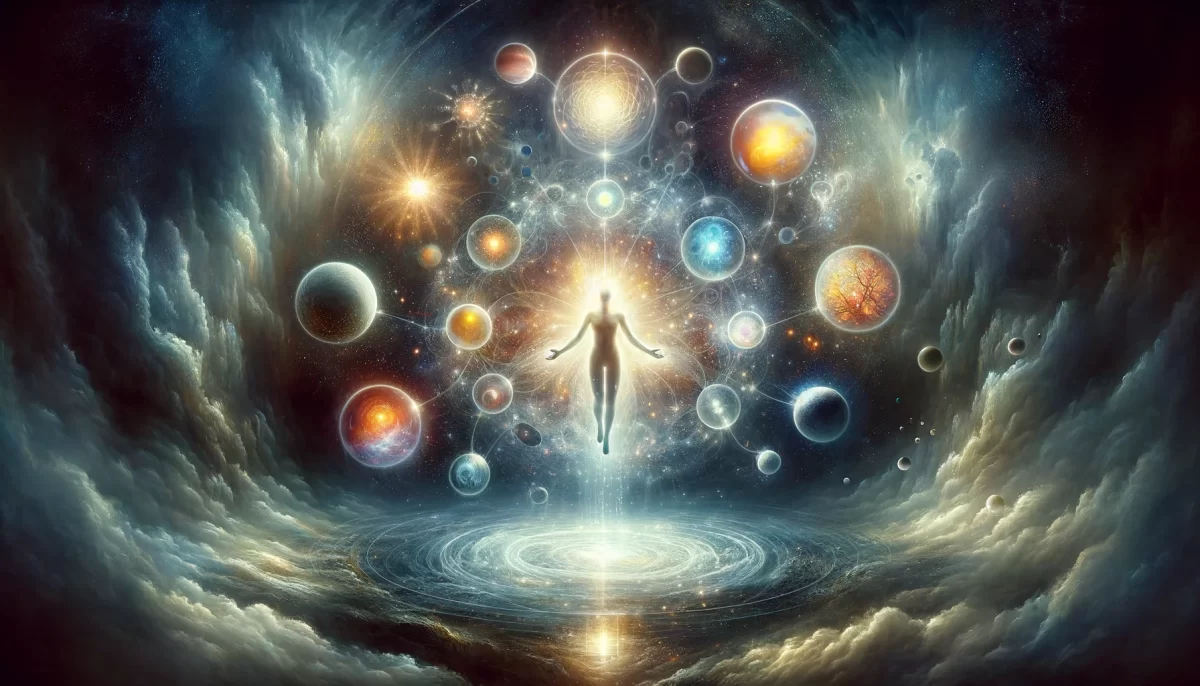





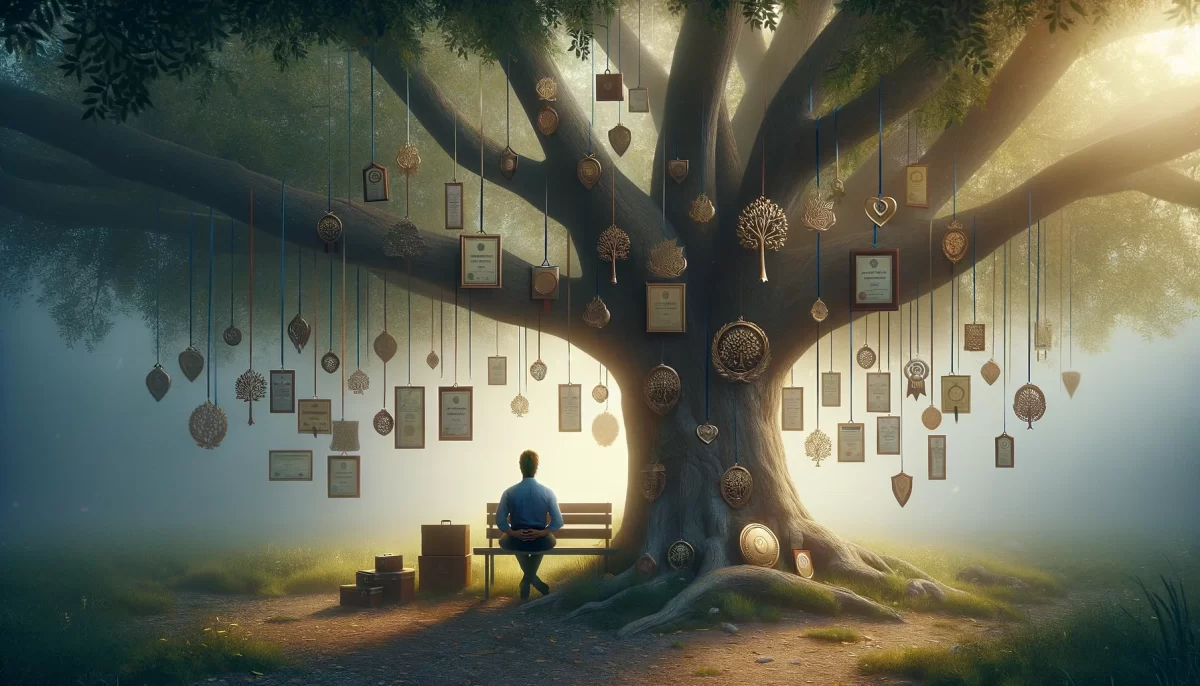
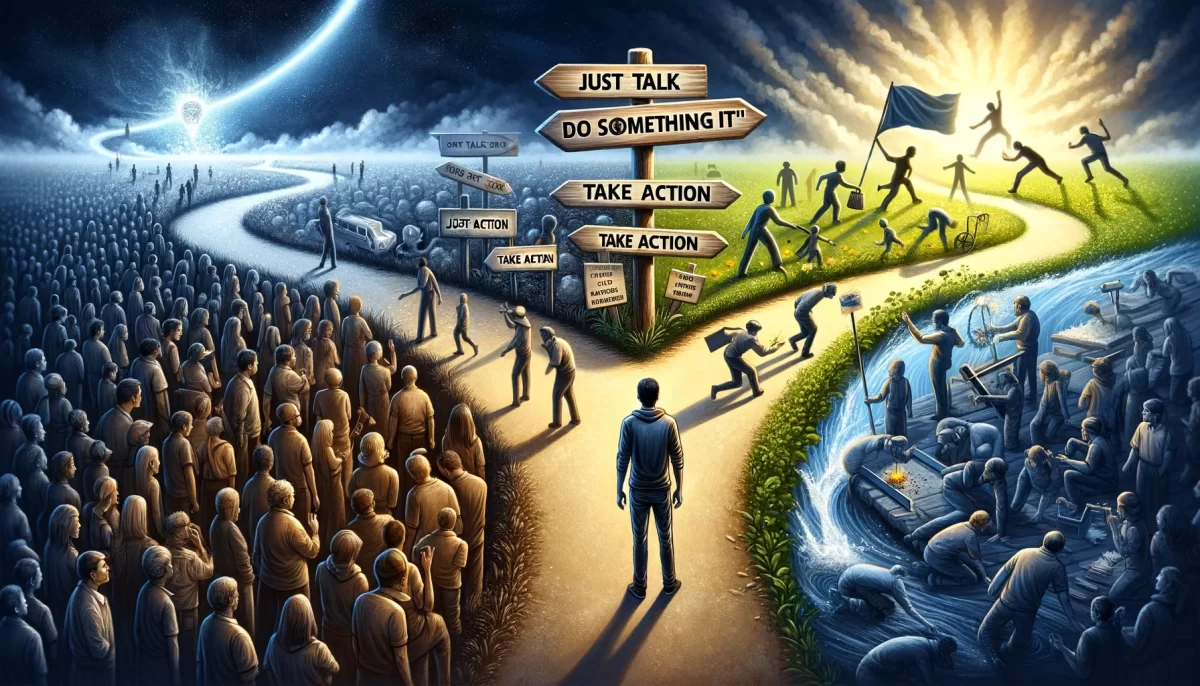
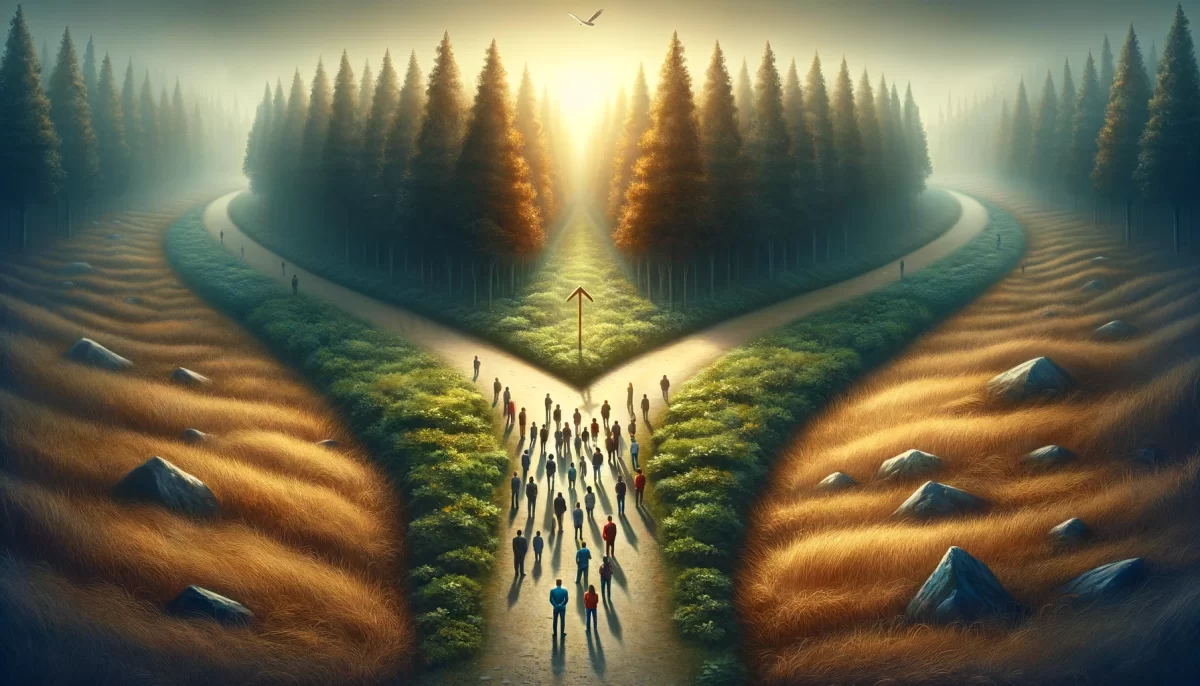

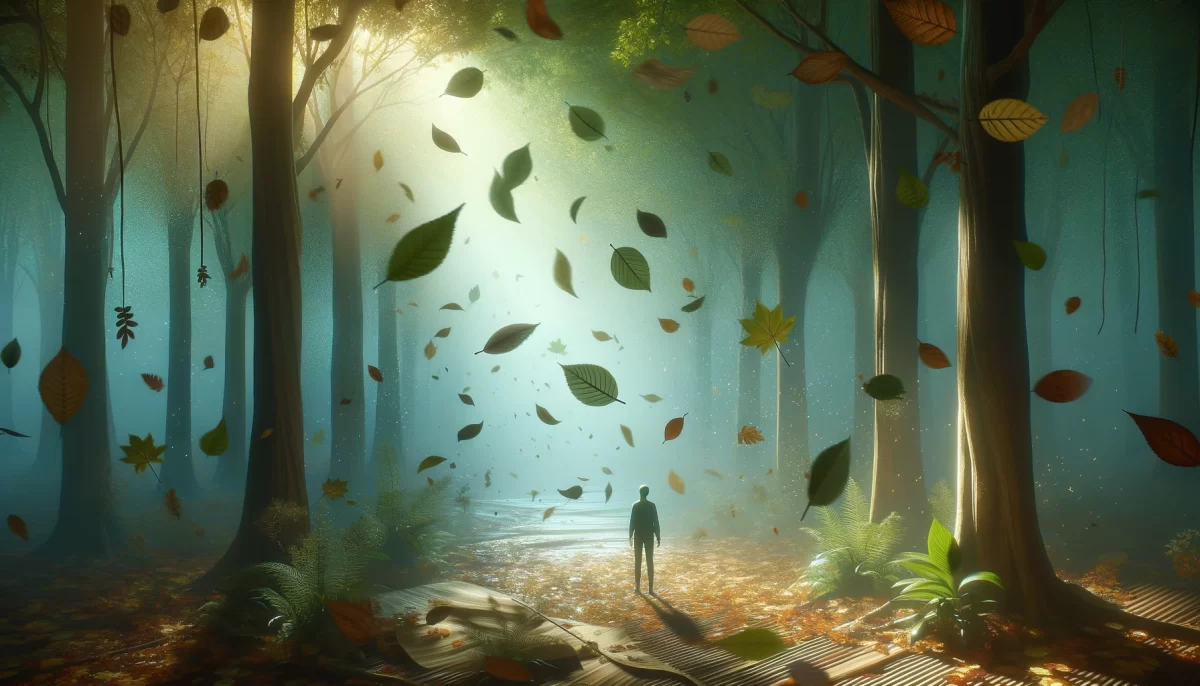
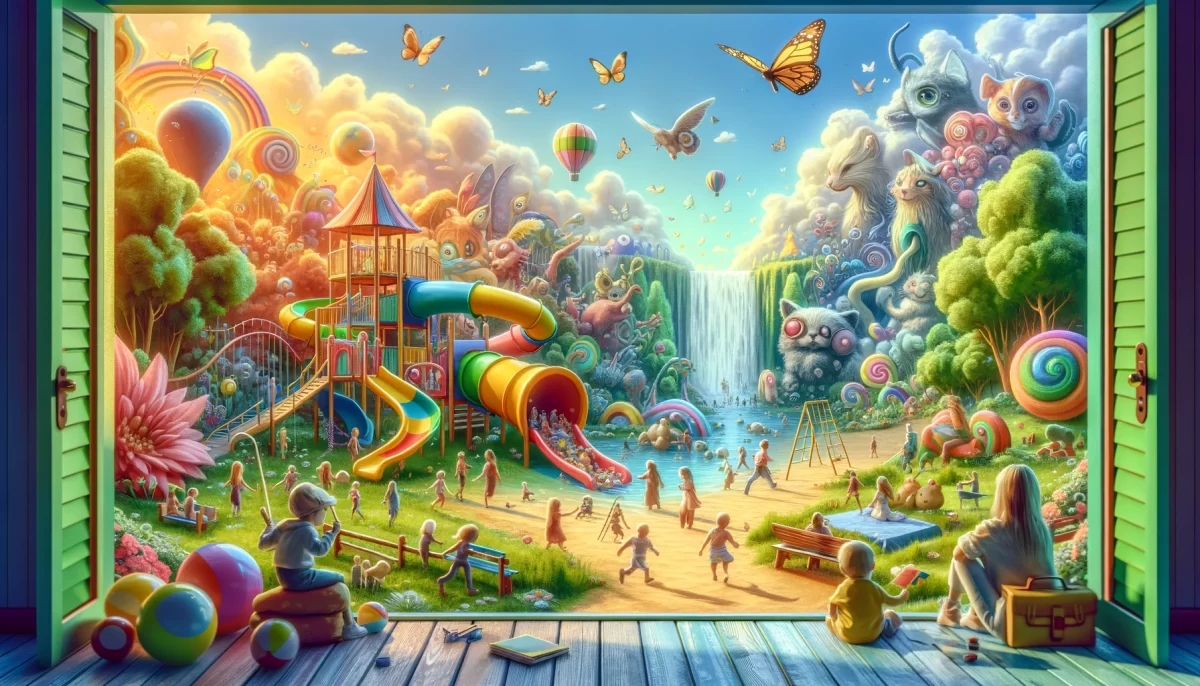
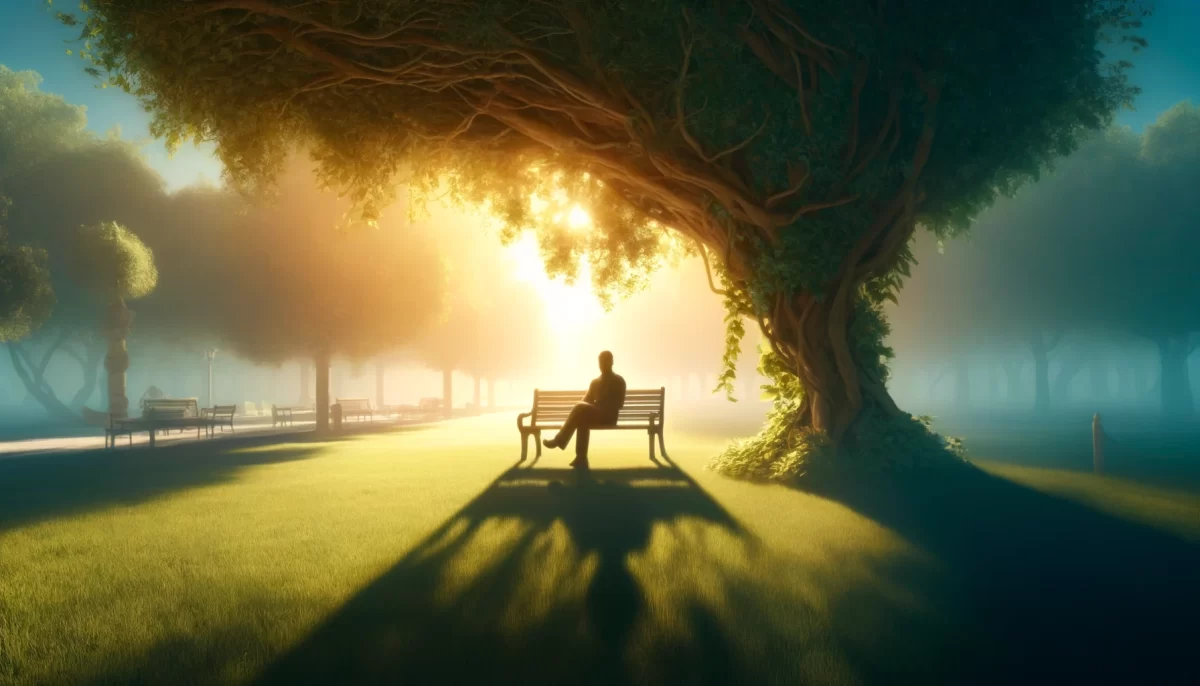

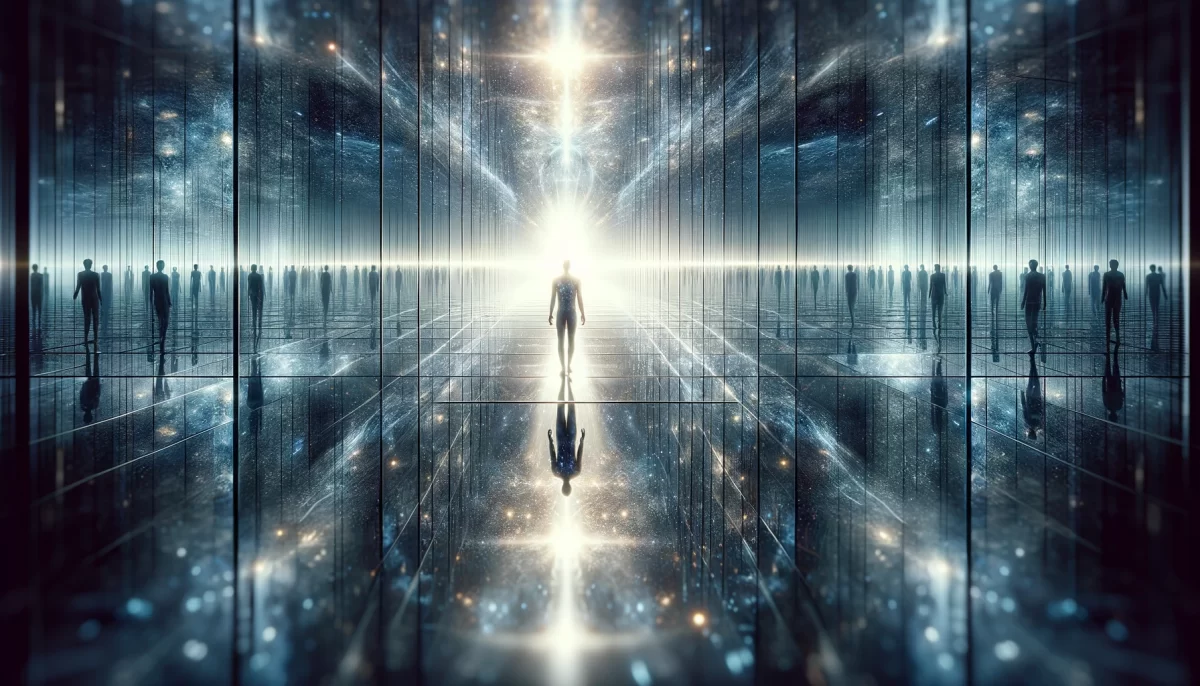
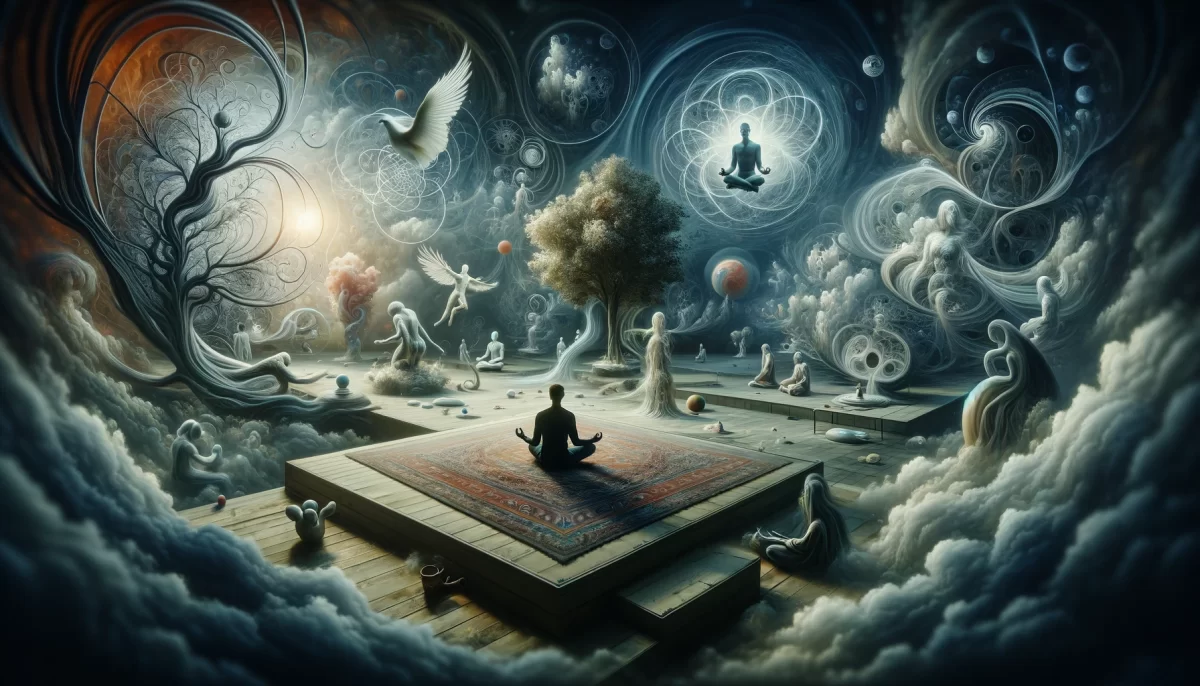


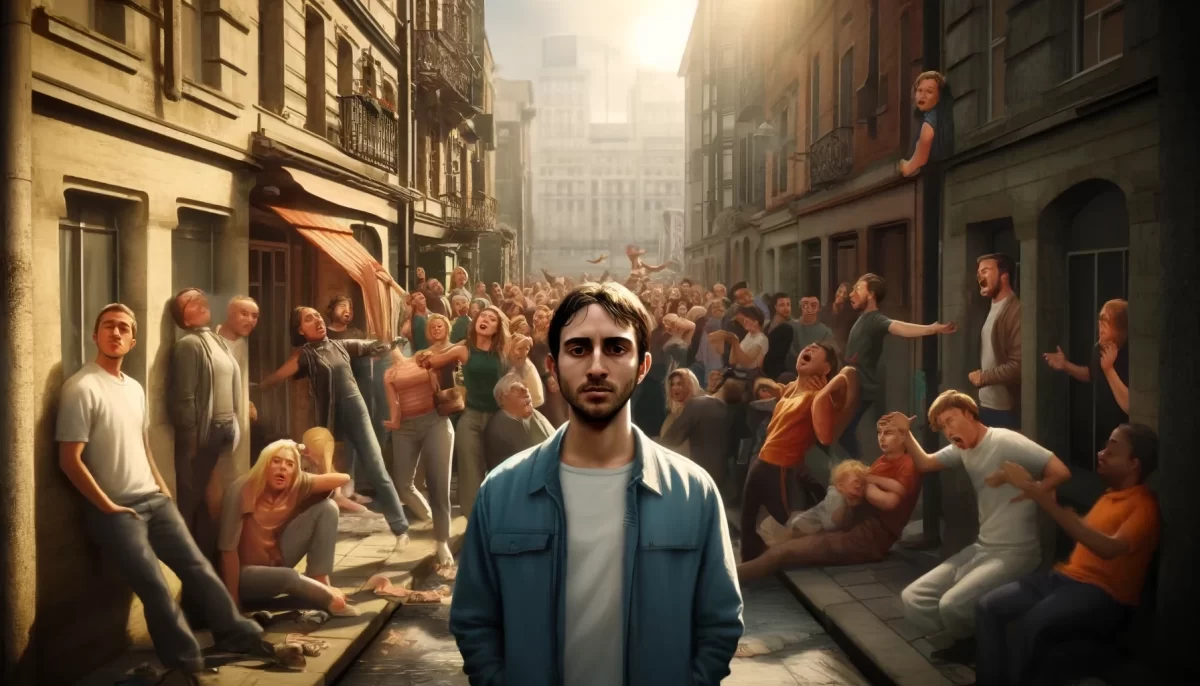
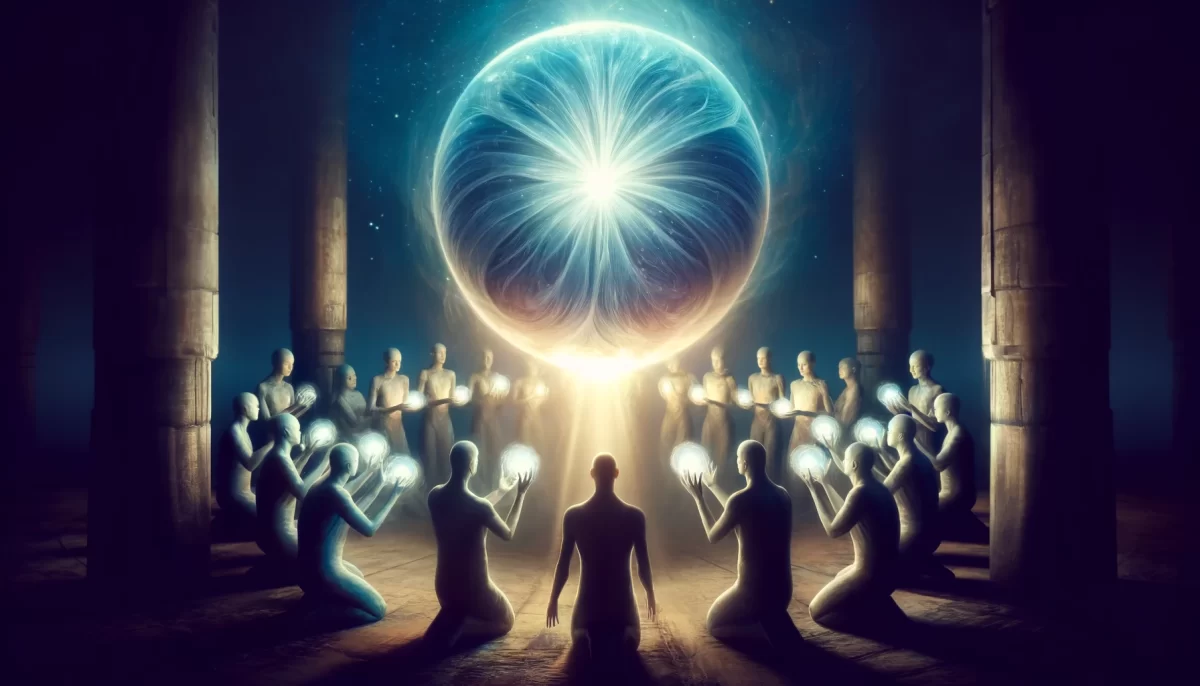

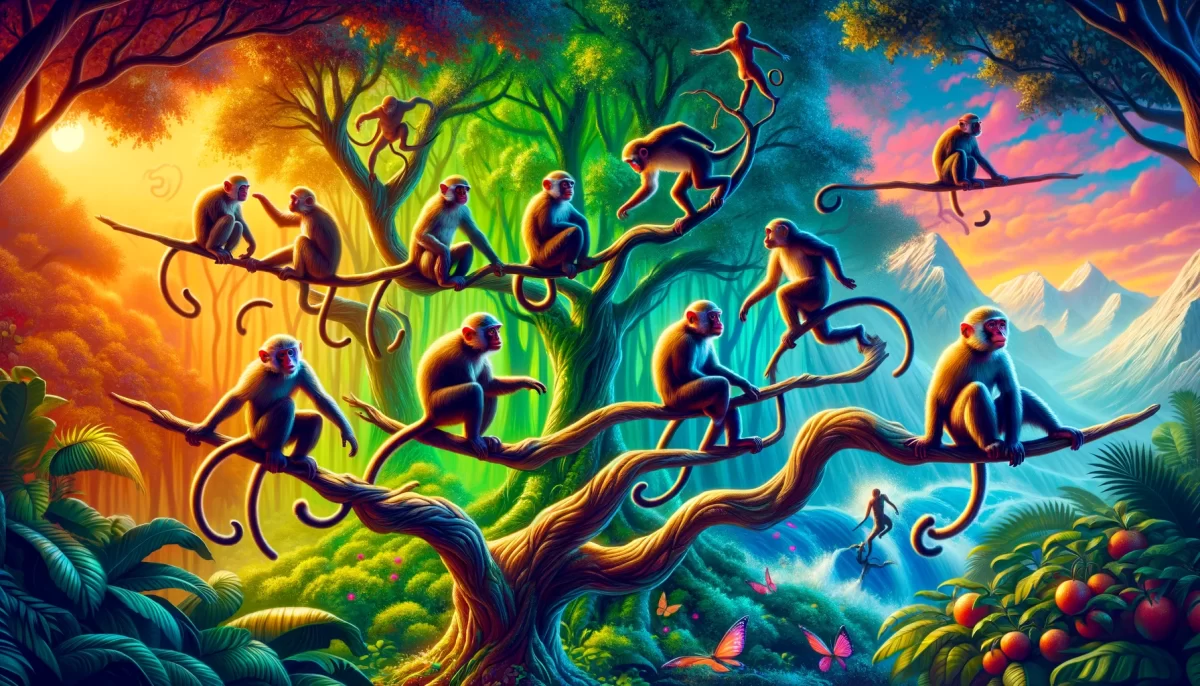



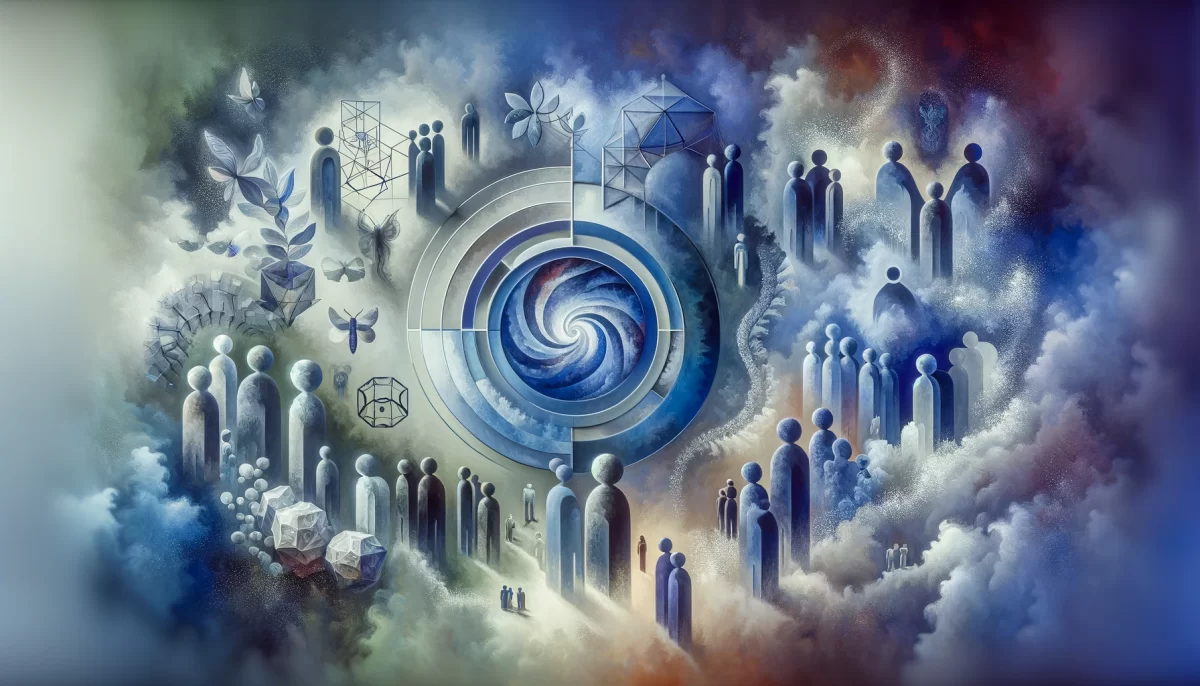
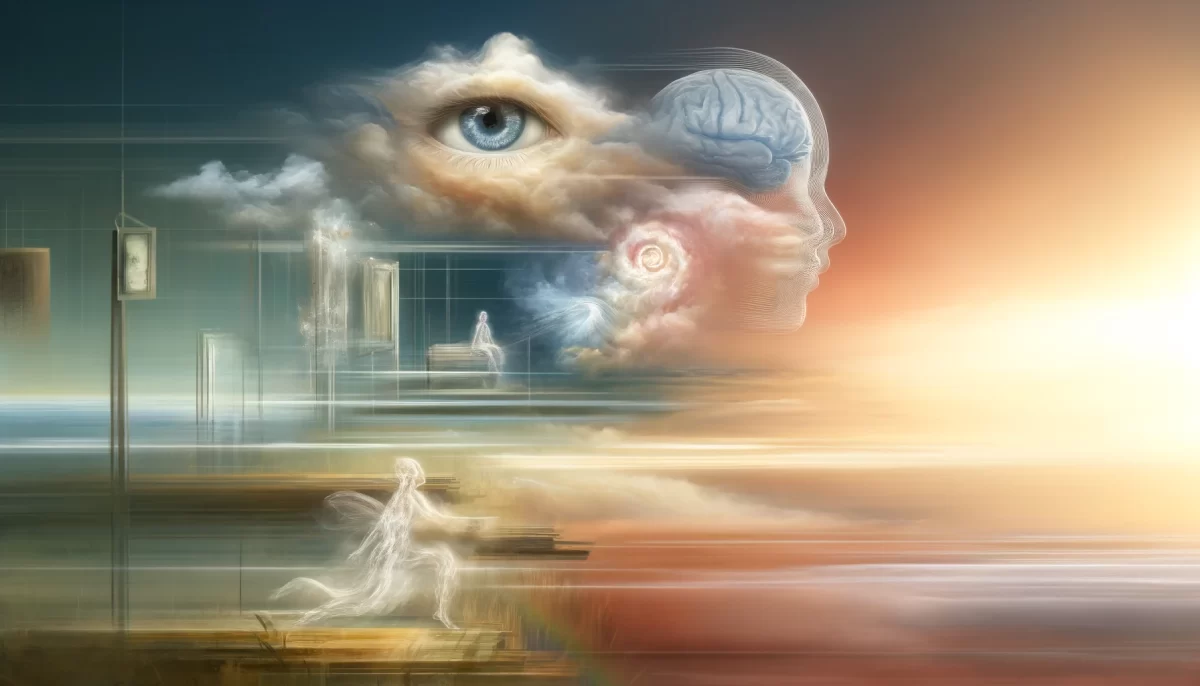
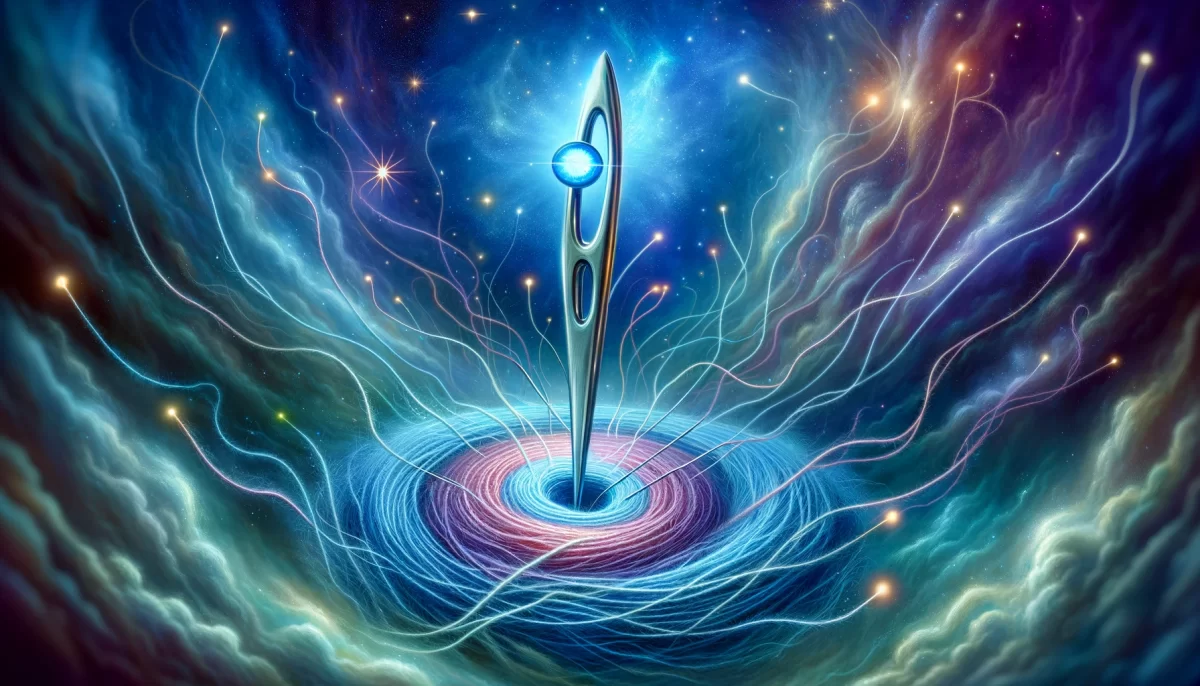



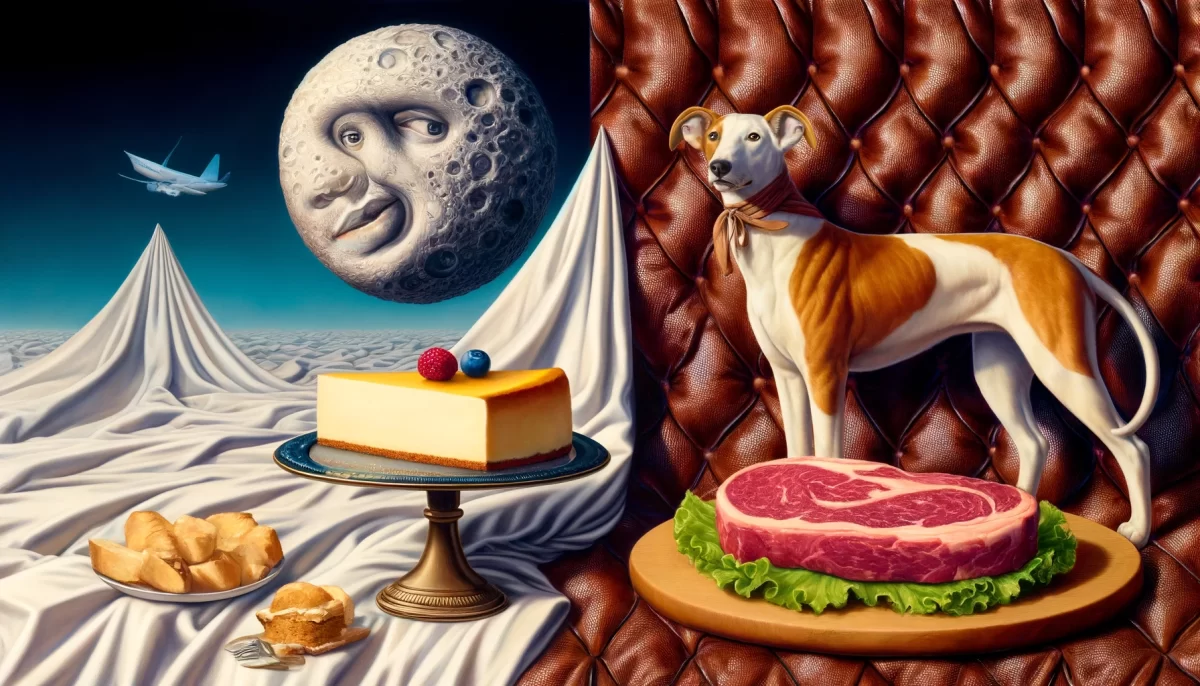
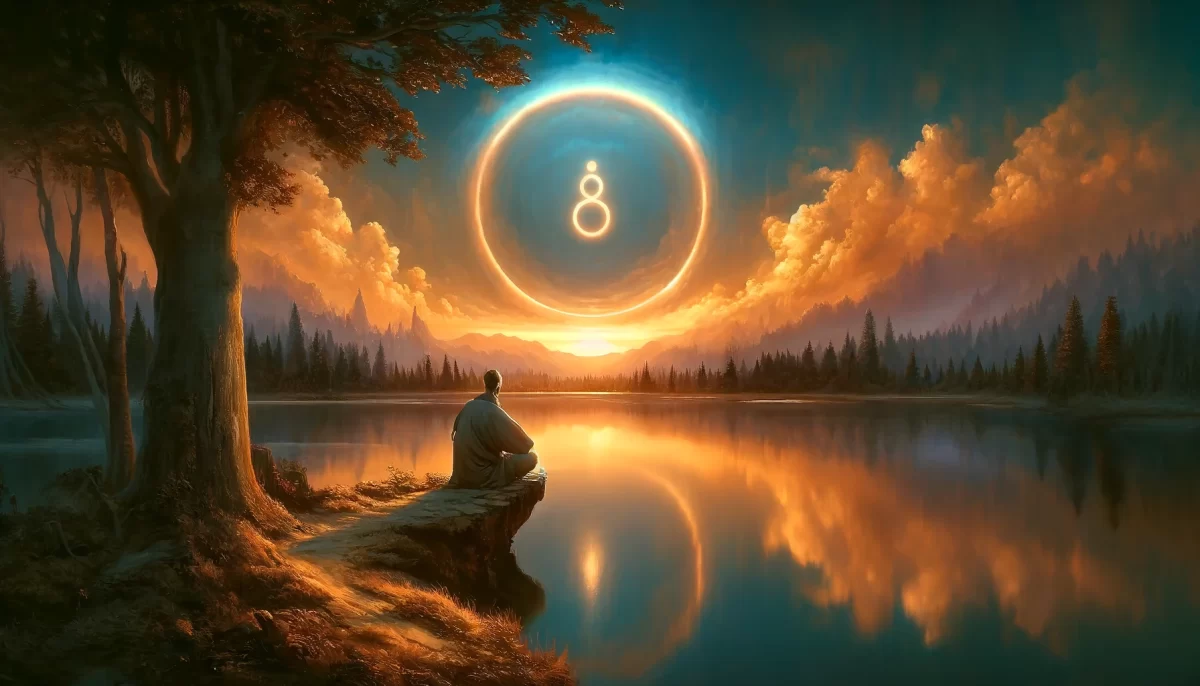
Leave a Reply